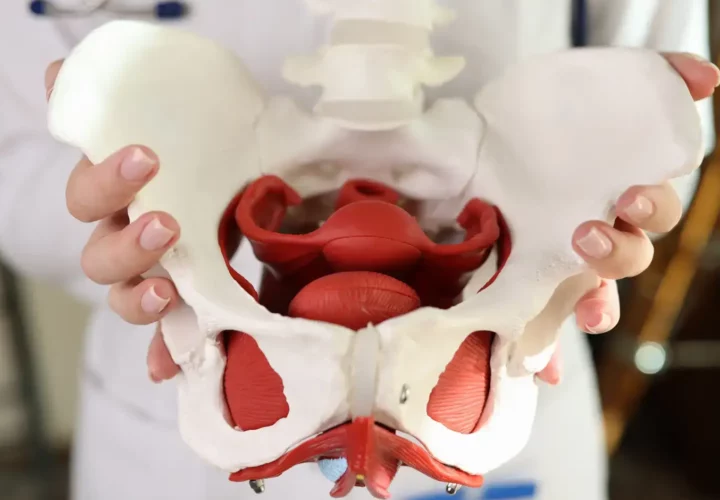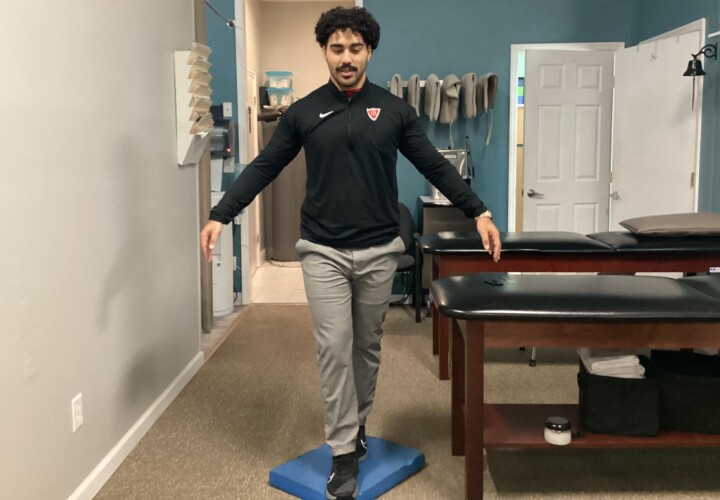Different from classic vertigo, motion sickness is probably a more common and equally irritating form of a vestibular issue. It presents with dizziness, imbalance, or the feeling of an unsettled stomach or nausea during situations where different perceptions of our body do not match up. Common issues can be riding thrill rides, viewing virtual reality or simulators, or even riding in the car.
Understanding Motion Sickness
But what is this? Specifically, why does it happen? I actually love this topic. It’s one of those ideas that is very sensible as soon as you understand it! You see, our body uses multiple systems to try and keep us upright at all times. You’ve probably noticed we can use our feet on the floor to detect pressure changes and find center of gravity. You’ve of course noticed that you can use spotting techniques like picking an unmoving point of a room or the horizon to keep your balance when playing sports, dancing, or on a boat. You may even know a bit about your inner ear’s effect on balance as a tiny vestibular organ inside your skull detects velocity changes in head movement.
When you look at these pieces parts to balance, it brings up the very clear point: something has to be putting all these messages together! Well of course that’s 100% correct. Your brain takes messages from all of these systems, compares them to one another, and figures out what is really happening in space. Dizziness is our body’s warning system that these systems are not in agreement. Specifically to the point where the brain cannot figure out which one it needs to pay attention to. Similar to how pain is a warning to rest from activity while the brain formulates a plan of action regarding possible injured tissue, dizziness is a warning to rest because the brain is not confident it can keep us upright.
Reasonings
This can happen for a variety of reasons. From ear infections and BPPV creating a change in function of the nerves we have to adapt to adaptations caused by practice. Like the technique of spotting when dancing to prevent dizziness or lack of use of our balance systems (decreased exercise). But, the end result is usually the same. Because of a consistent use of our visual system to keep our balance, our brain begins to prioritize sensory input from our eyes in regards to movement. It also begins to trust its other two systems far less. The problem is that we need those comparative systems to tell us when viewed motion is coming. This can be from within (eg we are walking or turning) or without (viewing someone running past you/watching a movie). When we become too dependent on vision, the brain cannot rationalize whether viewed movement is “real” or not. This sends off that dizzy warning that it is unsure!
The good news, because we know that this is an adaptive change, we have also found ways to “un adapt” ourselves. By retraining our balance systems the brain can begin to use them in the equation more! This is where “vestibular therapy” like what we do in our clinic comes in. With a knowledgeable therapist you can quickly learn what exercises can be most helpful in retraining your brain!



